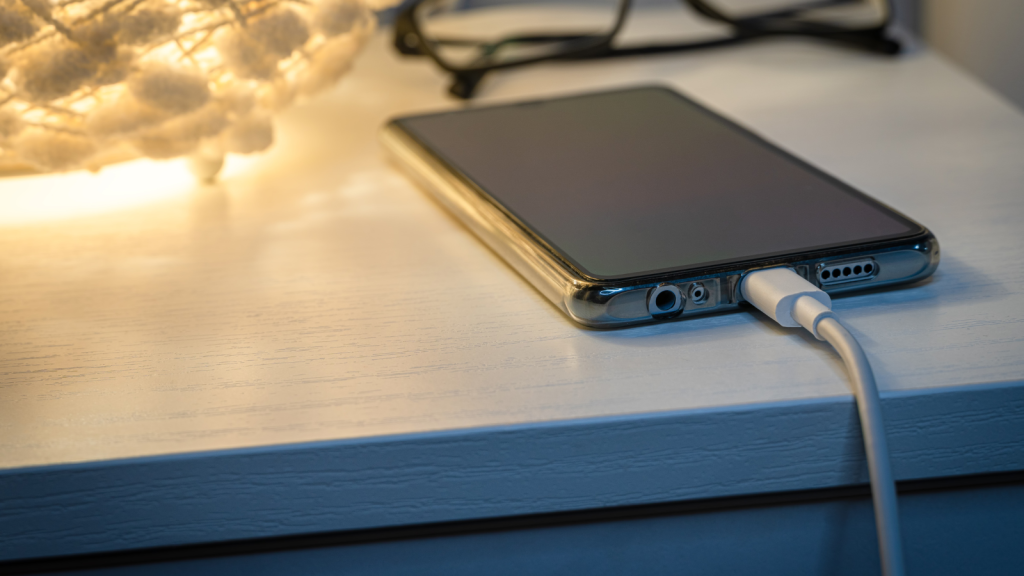Our smartphones have become an essential part of our daily lives, yet many of us unknowingly engage in habits that can significantly reduce their lifespan. These pocket-sized computers are marvels of technology, but they’re also delicate devices that require proper care. By avoiding certain practices, you can extend your phone’s life, save money, and reduce electronic waste. Understanding how your actions impact your device’s longevity is crucial in our increasingly connected world. Here are 15 common mistakes that might be shortening your phone’s lifespan, and how to avoid them.
Overcharging Your Battery
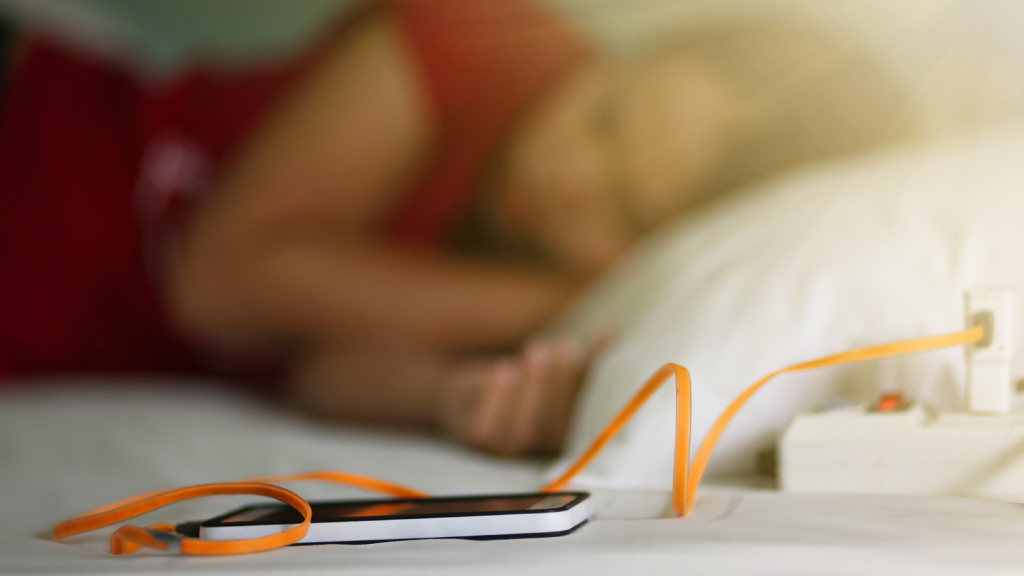
Leaving your phone plugged in overnight or for extended periods can degrade the battery faster. Modern phones have safeguards against overcharging, but keeping the battery at 100% for long periods stresses it. Try to keep your phone’s battery level between 20% and 80% for optimal longevity. Using a smart plug with a timer can help you avoid overcharging while you sleep. Some phones now offer optimised charging features that learn your routine and slow down charging to reach 100% just before you typically unplug.
Exposing Your Phone to Extreme Temperatures

Both excessive heat and cold can damage your phone’s battery and internal components. Avoid leaving your phone in direct sunlight or in a hot car. Similarly, extreme cold can cause the battery to drain quickly and potentially crack the screen. Keep your phone at room temperature whenever possible, and if you must use it in extreme conditions, limit its exposure. If your phone does get too hot or cold, allow it to return to room temperature gradually before using or charging it.
Using Knock-Off Chargers
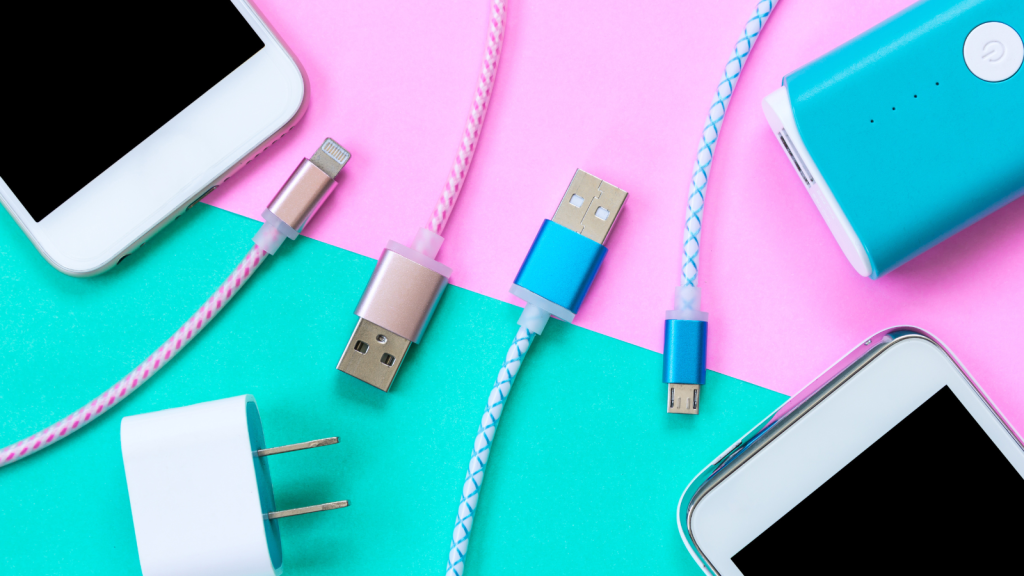
Cheap, non-certified chargers might save you a few quid, but they can seriously harm your phone. These chargers often don’t regulate voltage properly, which can damage your battery or even pose a fire risk. Stick to chargers from reputable brands or those certified by your phone’s manufacturer. The extra cost is worth it for the safety and longevity of your device. Look for chargers with safety certifications like CE in Europe or UL in the United States.
Downloading Sketchy Apps
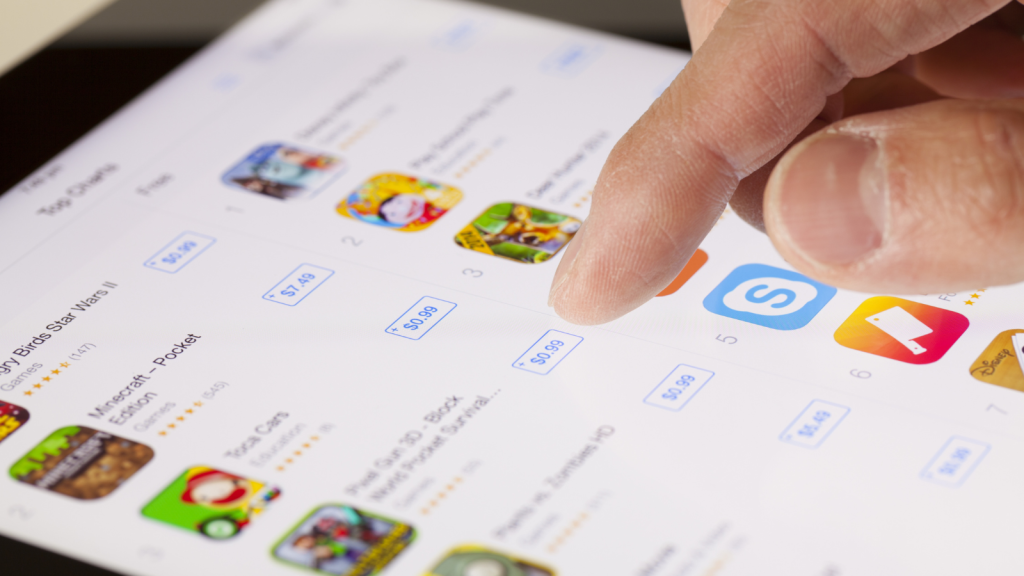
Not all apps in app stores are safe or well-designed. Some poorly coded apps can drain your battery, overheat your phone, or even contain malware. Stick to apps from trusted developers and read reviews before downloading. Be especially cautious with apps that request extensive permissions. Regularly review and uninstall apps you no longer use to keep your phone running smoothly. Consider using built-in app store features like Google Play Protect on Android or the App Store’s rigorous vetting process on iOS for added security.
Ignoring Software Updates
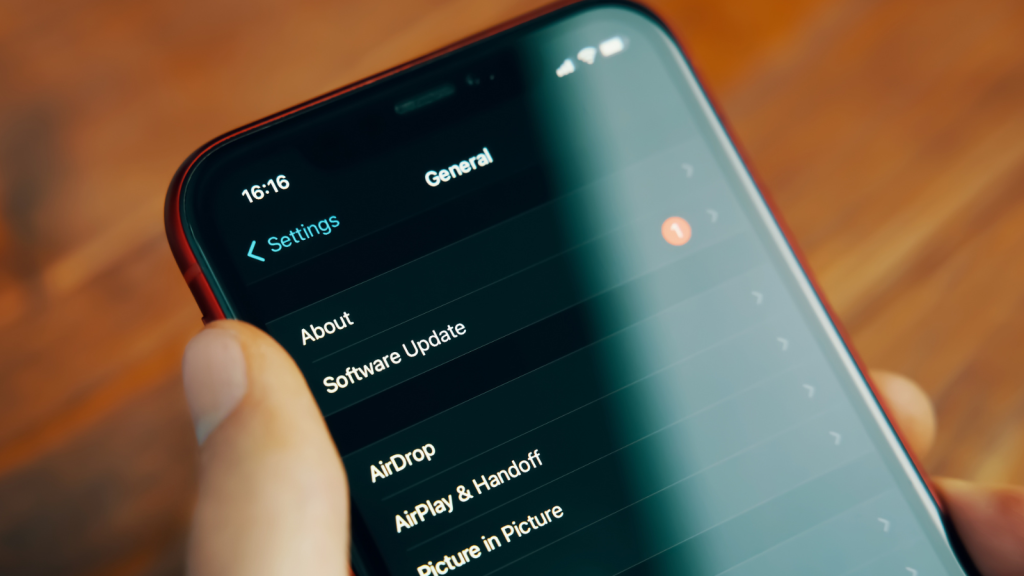
Those pesky update notifications are there for a reason. Software updates often include important security patches and performance improvements. Ignoring them can leave your phone vulnerable to bugs and security threats. Set your phone to update automatically overnight, so you don’t have to worry about it. Just make sure it’s plugged in and connected to Wi-Fi before you go to bed. If you’re concerned about bugs in new updates, wait a few days after release to allow any major issues to be identified and fixed.
Letting Your Phone Overheat
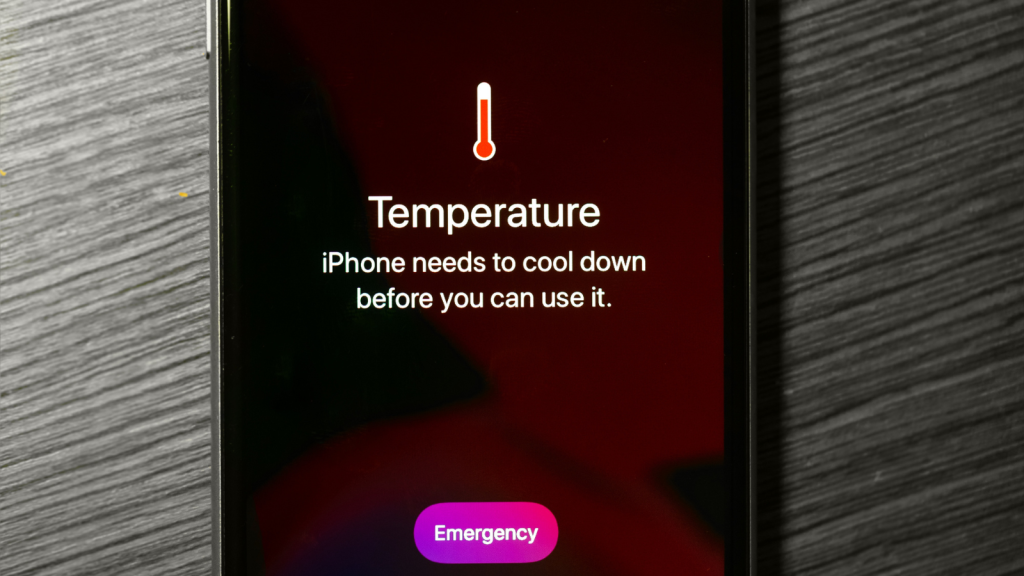
Running resource-intensive apps, gaming for long periods, or using your phone while it’s charging can cause it to overheat. Excessive heat can damage the battery and other internal components. If you notice your phone getting hot, give it a break. Remove any case to help it cool down faster, and avoid using it until it returns to a normal temperature. Some phones have built-in thermal management that reduces performance when overheating is detected, but it’s best not to rely on this feature consistently.
Not Using a Case or Screen Protector

While it might be tempting to show off your phone’s sleek design, going case-less is risky. A good case and screen protector can save your phone from costly damage in case of drops or scratches. Look for cases that offer a good balance of protection and style. For screen protectors, tempered glass options provide the best protection without sacrificing touch sensitivity. Consider cases with raised edges around the screen and camera for additional protection against face-down drops.
Charging with a Dirty Port
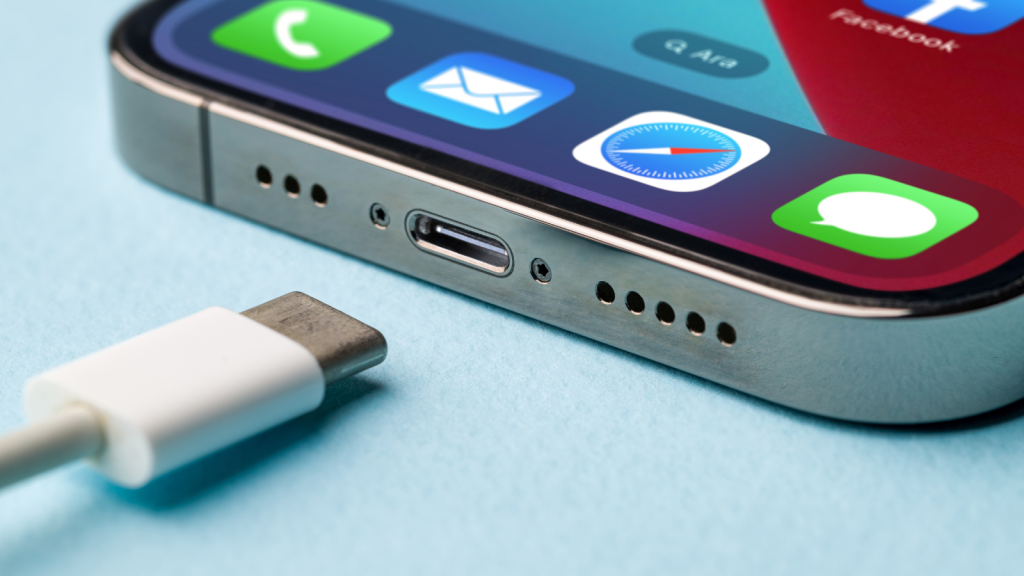
Over time, lint and dust can accumulate in your phone’s charging port, making it difficult to charge and potentially causing overheating. Regularly inspect and gently clean your charging port with a soft, dry brush or compressed air. Be careful not to damage the delicate pins inside the port. If you’re unsure, have it cleaned by a professional. Avoid using metal objects or liquids to clean the port, as these can cause serious damage.
Closing Apps Aggressively
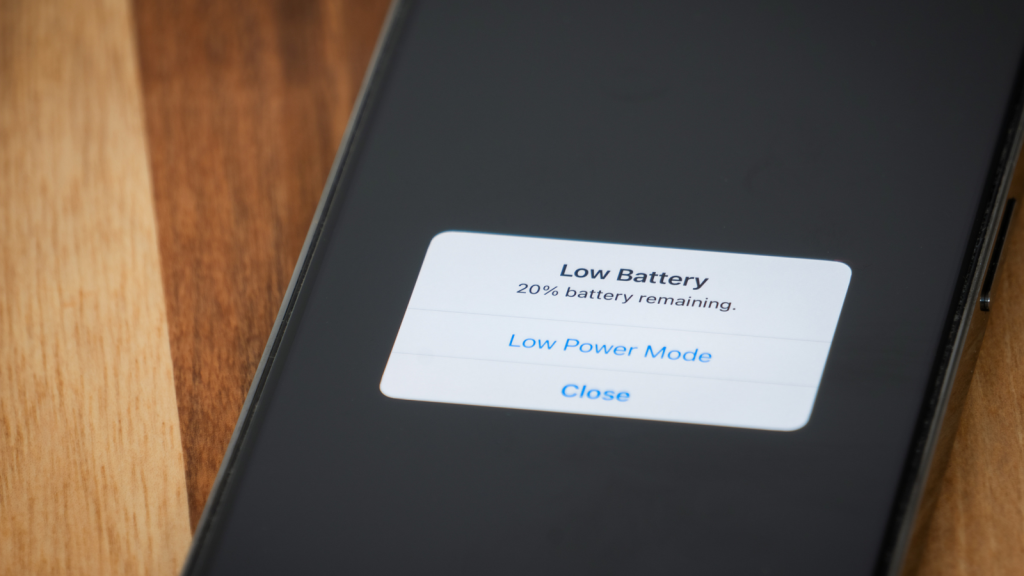
Contrary to popular belief, force-closing apps doesn’t save battery life and can actually be counterproductive. Modern smartphones are designed to manage apps efficiently. Constantly closing and reopening apps can use more battery and processing power than leaving them in the background. Let your phone’s operating system handle app management, and only force-close apps if they’re misbehaving. If you’re concerned about battery drain, use your phone’s built-in battery usage statistics to identify and address problematic apps.
Filling Up Your Storage
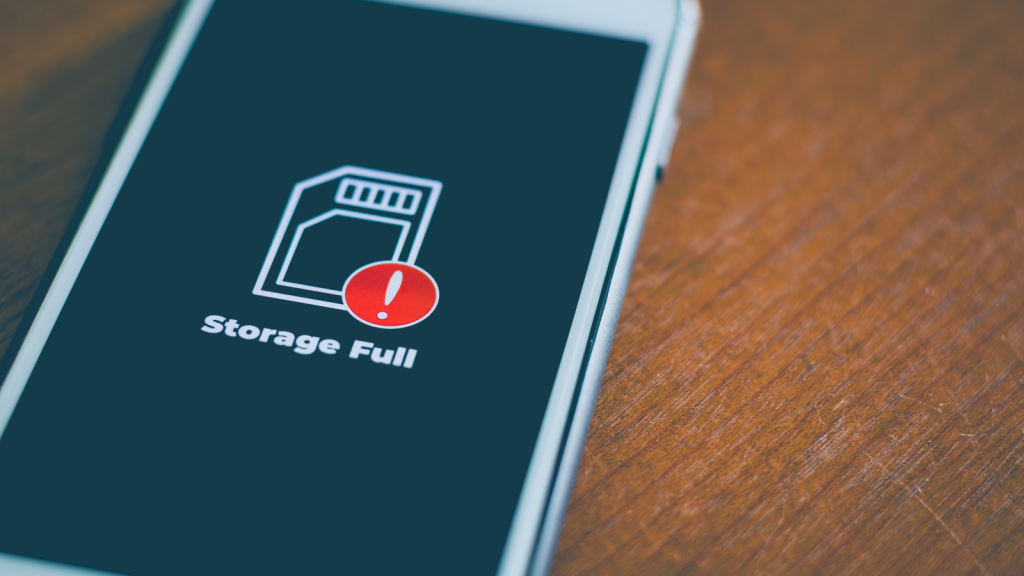
When your phone’s storage is nearly full, it can slow down significantly and struggle to perform basic tasks. This constant strain can wear out your phone’s components faster. Regularly clear out unnecessary files, photos, and apps. Use cloud storage services to backup important data and free up space on your device. Aim to keep at least 10-20% of your storage free for optimal performance. Many phones now offer built-in storage management tools that can help you identify and remove large or unused files and apps.
Using Your Phone While It’s Charging
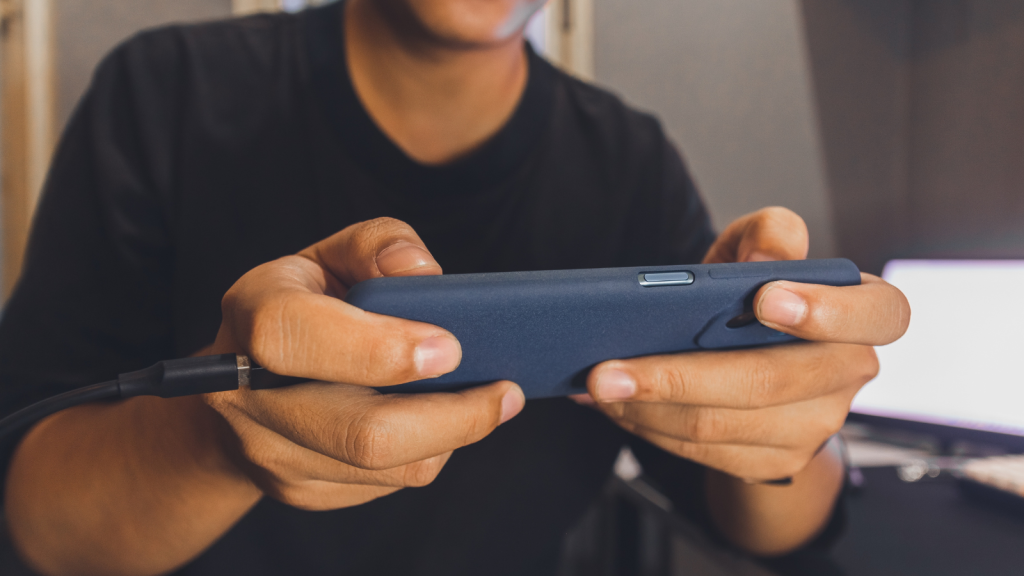
Using your phone while it’s charging, especially for demanding tasks like gaming, can generate excessive heat and strain the battery. This can lead to faster battery degradation and potential long-term damage to your phone’s components. If possible, let your phone charge undisturbed. If you must use it, stick to light tasks and remove any case to help dissipate heat. Some high-end phones now feature bypass charging, which powers the phone directly from the charger during use, reducing battery wear.
Ignoring Water Resistance Ratings
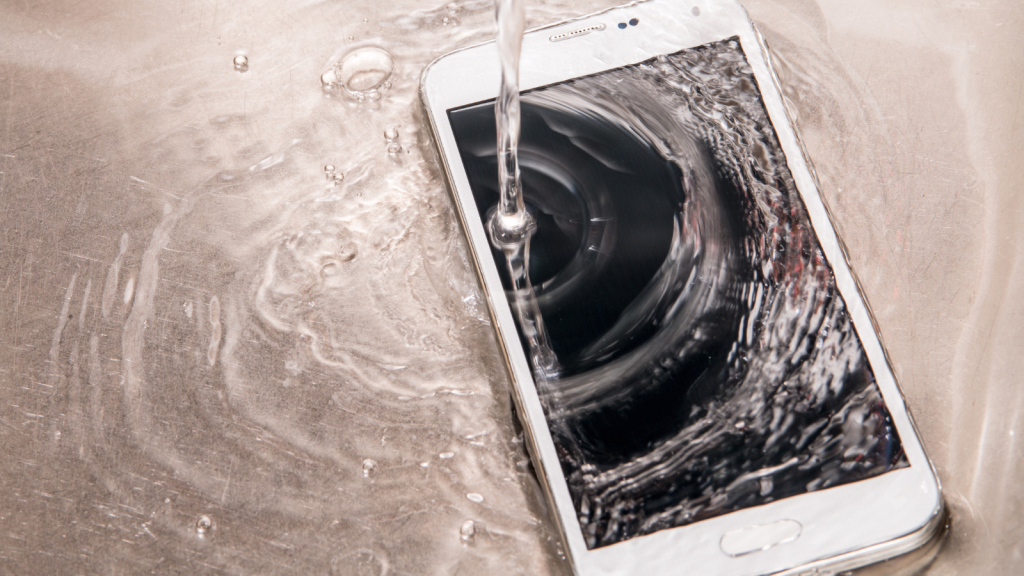
While many modern phones are water-resistant, this doesn’t mean they’re waterproof. Exposing your phone to water beyond its rated capacity, or to liquids other than fresh water, can cause serious damage. Be mindful of your phone’s specific water resistance rating, and always dry it thoroughly if it gets wet. Avoid using it in the shower or pool, regardless of its water resistance claims. Remember that water resistance can degrade over time or after repairs, so don’t assume an older phone is as resistant as when it was new.
Keeping Bluetooth and GPS Always On
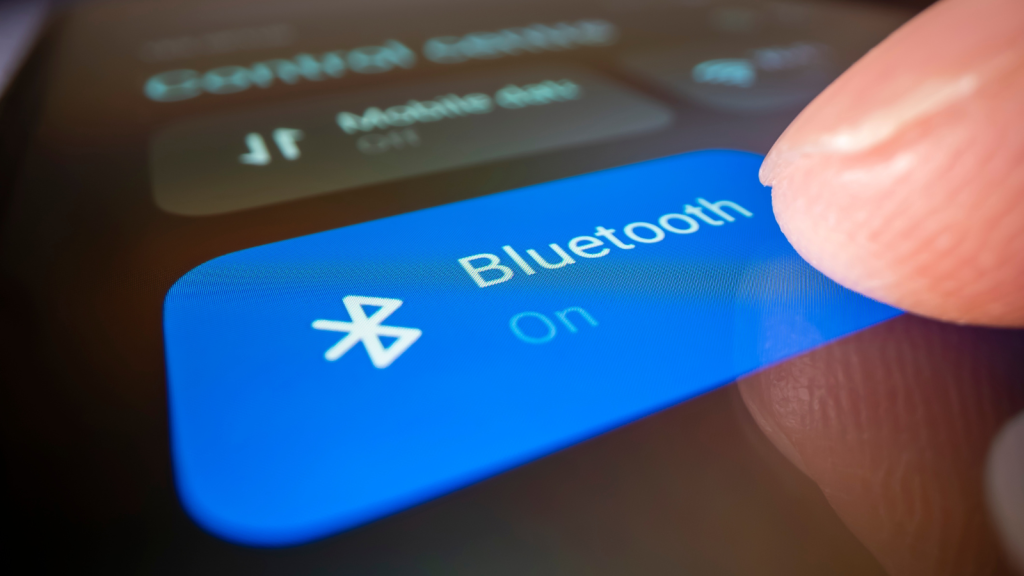
Constantly running Bluetooth, GPS, and other wireless features can drain your battery faster and put unnecessary strain on your phone’s components. Turn off these features when you’re not using them. Most phones have quick settings menus that make it easy to toggle these features on and off as needed. Your battery will thank you, and you’ll reduce wear on your phone’s antennas and chips. Consider using automation apps or built-in features like geofencing to manage these settings automatically based on your location or time of day.
Not Restarting Your Phone Regularly
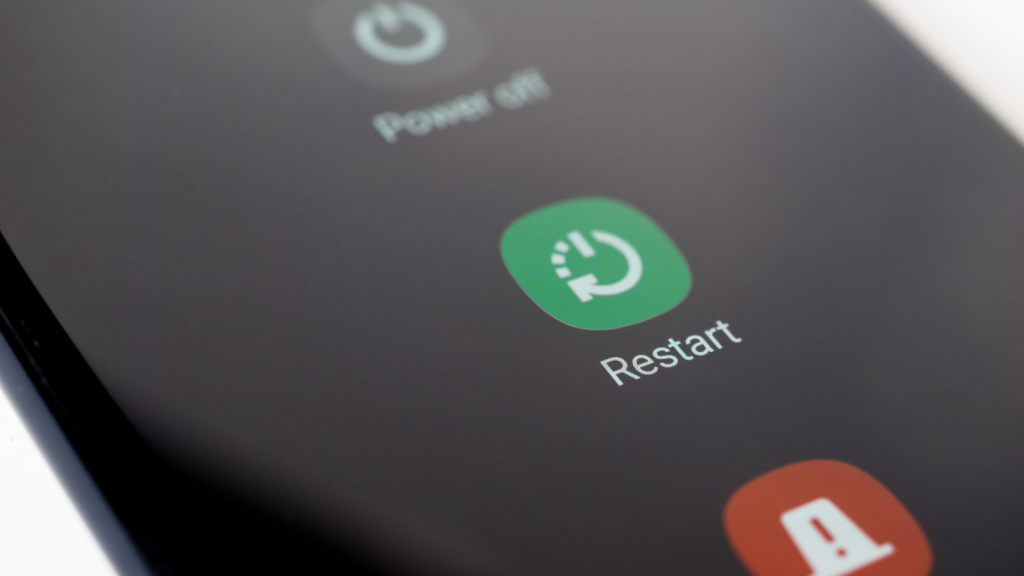
Like any computer, phones benefit from occasional restarts. Restarting clears the memory, stops unnecessary background processes, and can resolve minor glitches before they become bigger problems. Aim to restart your phone at least once a week. This simple habit can keep your phone running smoothly and prevent issues that could lead to long-term damage. Some phones now offer scheduled restart options in their settings, allowing you to automate this maintenance task.
Skipping Regular Maintenance
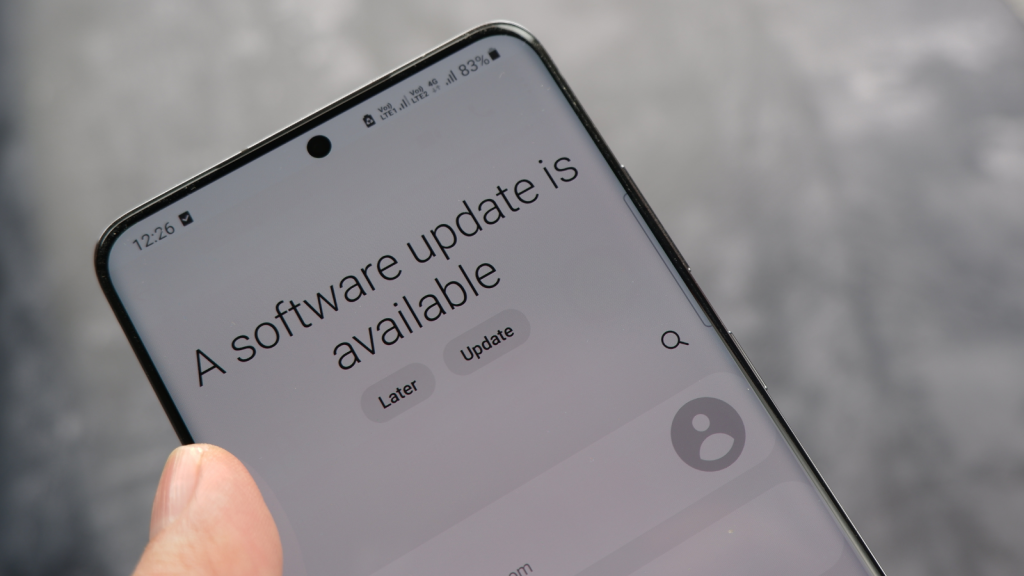
Just like a car, your phone needs regular maintenance to run smoothly. This includes cleaning the exterior, updating apps, clearing cache files, and checking for any physical damage. Set aside time each month for phone maintenance. This proactive approach can catch small issues before they become major problems, extending your phone’s lifespan and maintaining its performance. Consider creating a reminder or calendar event to ensure you don’t forget this important task.
15 Historical Mysteries That Still Baffle Experts Today

Will the final resting place of Cleopatra and the secrets of the Ark of the Covenant ever surface? The unresolved threads of history, from the identity of JFK’s assassin to the fate of the crew of the Mary Celeste, are as intriguing as they are elusive. Experts have tackled many of these mysteries for hundreds of years, and they’re still baffled.
Read More: 15 Historical Mysteries That Still Baffle Experts Today
15 Oddly Specific Phobias That Will Make You Say “What?!”

While fears of spiders and heights are common, there are some fears that might seem bizarre but are very much real and can cause significant distress to those affected. I took a look at some of the weirder, lesser-known phobias, and was reminded again, just how strange the human brain really is.
Read More: 15 Oddly Specific Phobias That Will Make You Say, “What?”
Katy Willis is a writer, master herbalist, master gardener, and certified canine nutritionist who has been writing since 2002. She’s finds joy in learning new and interesting things, and finds history, science, and nature endlessly fascinating.
